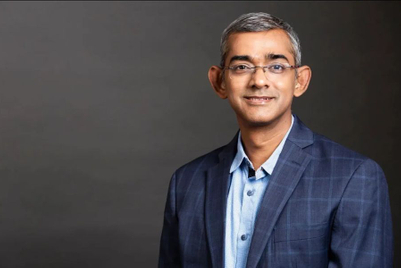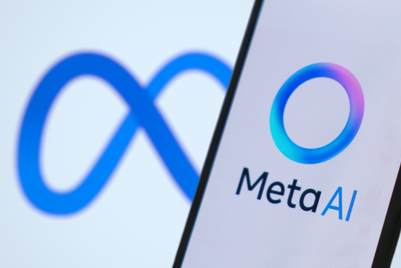
Facebook, facing mounting criticism over its ability to stymie the spread of extremism and misinformation on its platforms, has announced it is to prioritise original news and reporting in its News Feed.
The social network will now begin identifying original reporting on a developing story or topic by finding the most often cited original source within a group of articles. The identified original story will rank higher in its News Feed than other news articles.
This process will begin with English language news, and will rollout to other languages "in the future", the company said.
The algorithm change is based on user signals rather than feedback from publishers.
"When we ask people what kind of news they want to see on Facebook, they continually tell us they want news stories that are credible and informative," Campbell Brown, VP of global news partnerships and product manager Jon Levin wrote in a blog post. Facebook said it gathered feedback from news publishers and academic experts when preparing the change.
"Defining original reporting and the standards for it are complex, so we will continue to work with publishers and academics to refine this approach over time," Brown and Levin wrote.
The change to its ranking algorithm will affect publishers' distribution, although Facebook said most news publishers "won’t see significant changes".
Increasing the distribution of trusted news is one of the ways to tackle the world's misinformation crisis. It's why platforms including Facebook, Google and Twitter have all focused on surfacing official sources such as the World Health Organisation first when people search for COVID-19 on their platforms.
"Original reporting plays an important role in informing people around the world, from breaking a news story, to creating an in-depth investigative report, uncovering new facts and data, sharing critical updates in times of crisis, or broadcasting eyewitness reports. This important journalism takes time and expertise, and we want to ensure that it’s prioritized on Facebook," Brown and Levin said.
Facebook also announced that it will begin demoting news content that does not have transparent information about the publisher’s editorial staff such as the names of journalists—these publishers are more likely to produce content with clickbait or ad farms, it said.
These standards were developed with global media experts and organisations like the Trust Project, SOS Support Public Broadcasting Coalition, Global Forum for Media Development, and Reporters Without Borders’ Journalism Trust Initiative.
The company noted it recognises that sometimes bylines are deliberately not included since they put journalists at risk, so it is trialling this change in "limited markets to start, taking into account the press environment in which publishers operate".
(This article first appeared on CampaignAsia.com)



.jpg&h=334&w=500&q=100&v=20250320&c=1)
.jpg&h=334&w=500&q=100&v=20250320&c=1)
.jpg&h=334&w=500&q=100&v=20250320&c=1)

.jpg&h=334&w=500&q=100&v=20250320&c=1)











.png&h=268&w=401&q=100&v=20250320&c=1)
